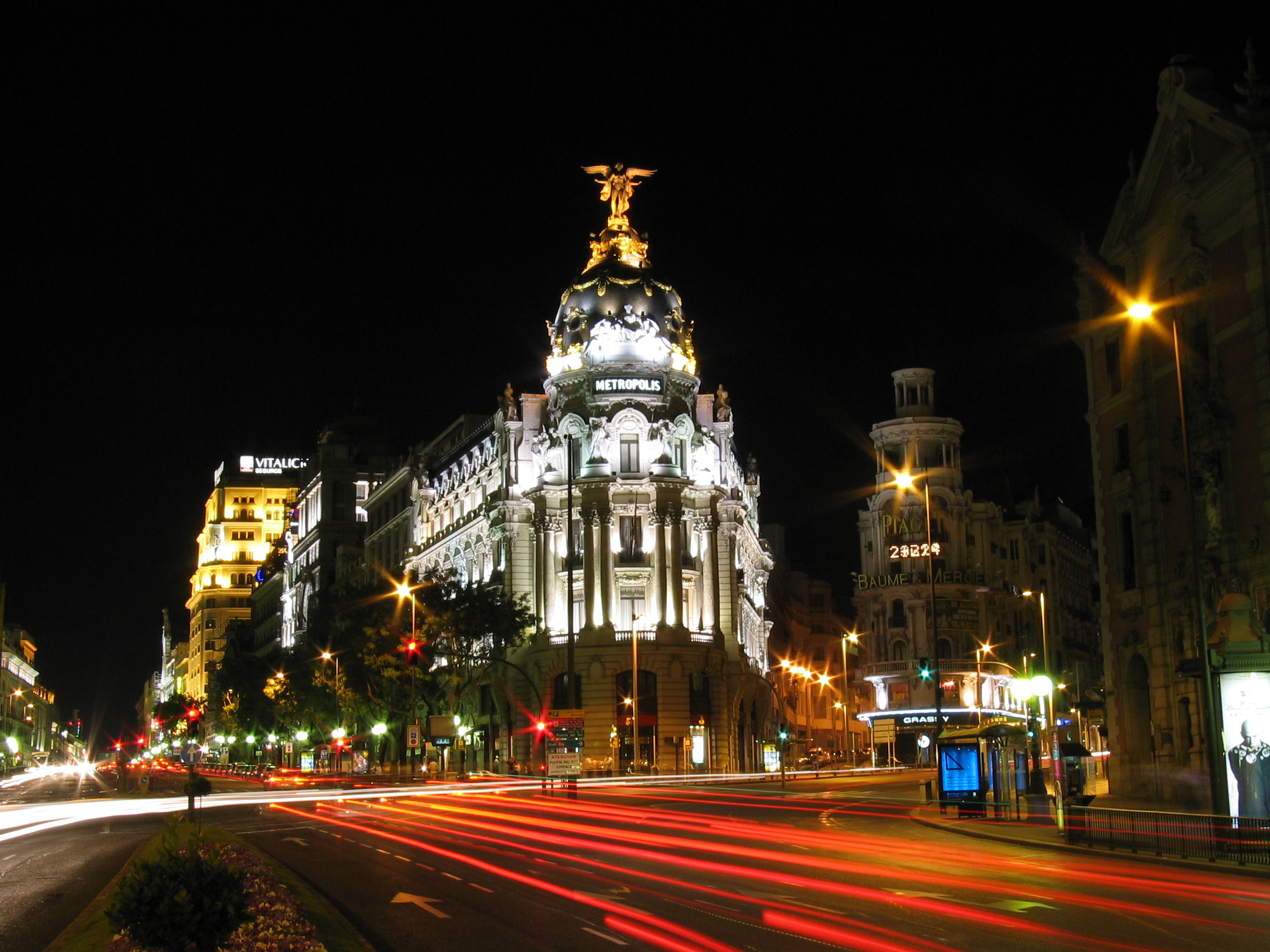
Spain, it seems, is haunted not by the distant specter of Franco himself, long dead and interred in a mausoleum of memory, but by something far more insidious: the restless energy of a new generation who see the country’s past, present, and future through a narrow, unforgiving lens. The cruel irony is that Franco returns not with the iron fist of yesteryear, not with the black-shined boots or the endless parades but through young Spaniards who wield blame like a cudgel, pointing at socialists as the architects of every modern ill, as if the sins of the past were not compounded by their own selective amnesia.
There is a particular cruelty in this. History is rarely neat, and Spain’s story is one of tangled loyalties, bloody reckonings, and a democracy fought for in the teeth of dictatorship. Yet, in 2025, one encounters, with alarming frequency, a cohort who prefer moral simplicity over the messy truth. Socialists, communists, leftists, pick your label, are routinely cast as the villains of a narrative that stretches back to “original sin,” an inherited blame that conveniently absolves their own ideological forebears. It is a sophisticated form of historical revivalism, one that dresses itself as patriotism, but feels more like exhumation. Franco’s shadow is long, but it is not the dictatorship itself that lingers, it is the idea of it, resurrected in a rhetorical theater where nuance is heresy and critical thinking optional.
What makes this particularly disquieting is the generational twist. One might have assumed that distance from the trauma of the dictatorship would encourage reflection, critical thought, and empathy. Instead, some young Spaniards have absorbed the ghosts of the past not as cautionary tales but as badges of identity. The cruelty lies in how they rewrite memory, not with new scholarship or earnest inquiry, but with a casual certainty: that all misfortune, all corruption, all political failure, must flow from a socialist root. The past is compressed, sanitized, weaponized. Franco himself need not rise from his tomb; the ideology of fear and blame has become self-propagating.
In cities like Madrid or Seville, one sees this new dogma unfold in social media feeds, barroom debates, and family tables where history is distilled into a morality play of absolute guilt and innocence. A teenager lectures on fiscal policy as if they personally endured the suppression of union rights; a young professional derides cultural subsidies as if they had witnessed the censorship of playwrights and poets. The performance is impeccable in its conviction, chilling in its unawareness. There is little acknowledgment that the Spain they inhabit, the one they gripe about, vote for, or idolize is the product of painstaking compromise, decades of democratic labour, and the quiet, relentless courage of those who resisted authoritarianism in both its overt and subtle forms.
This is not merely a debate about politics; it is an exercise in collective memory. And memory, as any historian or psychologist will tell you, is fragile, malleable, easily co-opted. By blaming socialists for nearly everything, the new generation is practicing a form of intellectual necromancy, resurrecting a past that conveniently justifies present anxieties. They don’t see that their anger, their certainty, their moral rigor, is itself an echo of Francoist thought: an insistence on hierarchical blame, on a singular villain, on a clean, moralistic narrative that spares them the discomfort of historical complexity.
One might argue that every country has its ideological cycles, and Spain is no exception. Yet there is something uniquely dissonant in watching children of democracy invoke the authoritarian past as their moral compass. It is not simply nostalgia; it is re-enactment, albeit through the prism of blame rather than boots. The cruelty is doubled: the nation’s history is reduced to caricature, and those who suffered under real repression are consigned to a supporting role in a story written by strangers with no memory of their terror.
It is tempting to dismiss this as generational posturing, a phase that will burn itself out. But the consequences are real. A society that simplifies its past cannot fully grapple with its present. When young Spaniards, confident in their inherited righteousness, demonize a political lineage that fought for social justice, they contribute to polarization, mistrust, and, paradoxically, a latent admiration for authoritarian certainty. Franco’s specter is alive, not in the cadences of generals, but in the rhetoric of teenagers. He returns in Facebook posts and Instagram threads, in casual dismissals of democratic compromise, in a language of blame that is at once seductive and corrosive.
The question, then, is how Spain moves forward without losing its memory or its moral compass. Perhaps the answer lies in fostering education that encourages empathy, nuance, and historical literacy not merely a catalogue of victories and losses, but the human stories that underscore them. Perhaps it lies in resisting the simplification of political life into binaries of good and evil. Above all, it requires acknowledging that cruelty can return in quiet, insidious ways: not always through the decree of a dictator, but through the certainties of those too young to remember the lessons that blood and compromise once taught.
Franco is gone, but his ideological echo finds life in unexpected quarters. The real tragedy is that it finds fertile soil in the very hearts that should, by inheritance and responsibility, resist it. The siesta of Spain may be long, but the ghosts of yesterday are still awake, whispering blame to those willing to listen.

No comments:
Post a Comment